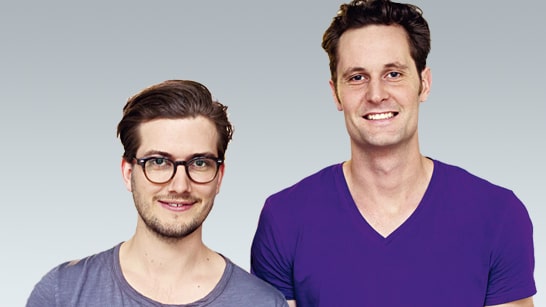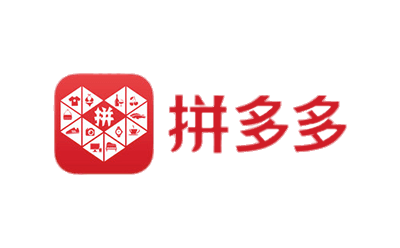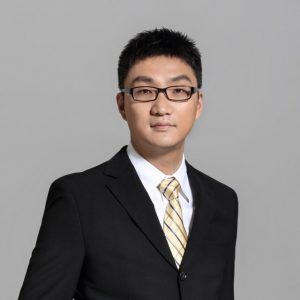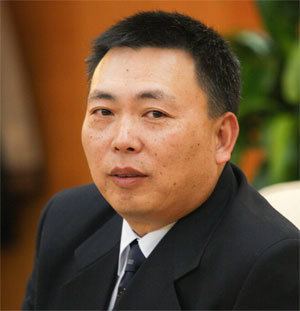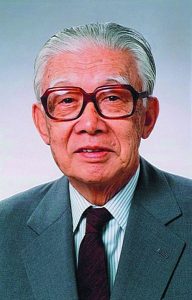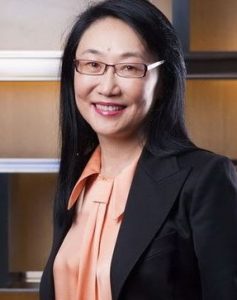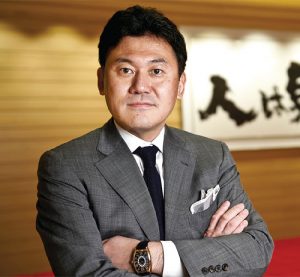SoundCloud : The Success Story of YouTube of Music
Today, there are several audio streaming services, including Spotify, Apple Music, YouTube Music, and Amazon Unlimited, etc., available online, but there was a time when there was no such platform, where people could access audio music online. But then, in 2007, two students from Stockholm School of Economics, Alex Ljung and Eric Wahlforss, influenced with the success of YouTube and Flickr, realized the need for a music sharing website, where artists could connect, and founded SoundCloud.
The Founders
Alex Ljung and Eric Wahlforss, both belong to the Swedish descent and were always interested in music. Since his childhood, Ljung was interested in both music and technology and had decided to become a sound engineer in future. By the time, he had become quite skilled in the music creation and produced an album and was able to secure a job at a post-production studio, after completing his school education. But again, he was more concerned about his studies, so he joined the Royal Institute of Technology in Stockholm.
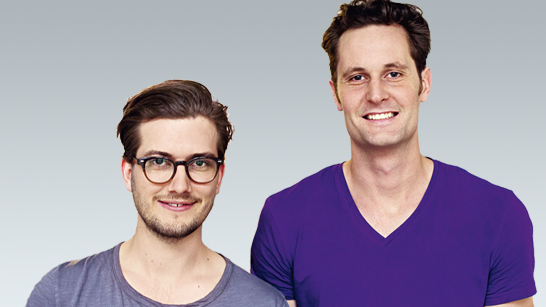
On the other hand, Wahlfros was also another alumni at the same institution pursuing a degree in MA. The two met at the college UNIX lab and found many things in common with each other, especially the passion for music. The two started spending more time together and did many university projects together.
Founding SoundCloud
At the time, Flickr was doing exceptionally well, and YouTube was emerging as a powerful video hosting platform. As the two were into music creation themselves, they thought of a new startup, through which they could make other music artists to share their music with other people and collaborate with different global artists, online.
After digging deep and working hard for a long time, the two launched SoundCloud, in 2007, keeping music and sound as its core objective. They founded SoundCloud in Stockholm, Sweden, but eventually established the headquarter of the company in Berlin in the same year.
In 2008, they launched the website for SoundCloud, where artists could share their creation and look for collaborations. But soon, the popularity of SoundCloud turned the platform into a music distribution platform.
The concept was unique, so it became popular in no time. In fact, in just two years, SoundCloud received worth €2.5 million investment from Doughty Hanson Technology Ventures, in the Series A funding. In 2010, the company reported one million registered users for the service. In 2011, in the Series B funding, SoundCloud raised a worth of US$10 million. In the same year, the company got raised to 10 million registered users, and in the next year, the number went to increase up to 15 million users.
Although since 2014, the company has been incapable of handling the huge empire it has built in a few years, SoundCloud is still working hard to maintain its spot in the music distribution industry. Even there has been the rise of several other new music platforms, it is SoundCloud that took the first step in providing the new artists to share their work on an online platform, and eventually, gave birth to new music distribution system.
SoundCloud has been the biggest medium for many artists to showcase their talent, and artists like Iza Lach from Poland and Lorde from New Zealand got their first break, through SoundCloud, and today are one of the most in-demand singers.
Alex Ljung served as the CEO of SoundCloud for almost a decade and stepped down from his position in 2017. Wahlforss holds the position of CPO in the company. He has also produced a few tracks that are available on SoundCloud itself.

Yashica is a Software Engineer turned Content Writer, who loves to write on social causes and expertise in writing technical stuff. She loves to watch movies and explore new places. She believes that you need to live once before you die. So experimenting with her life and career choices, she is trying to live her life to the fullest.
